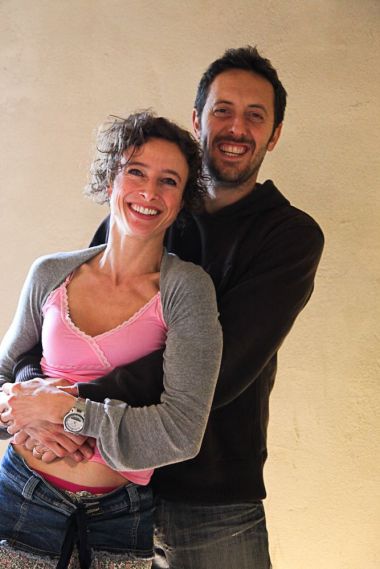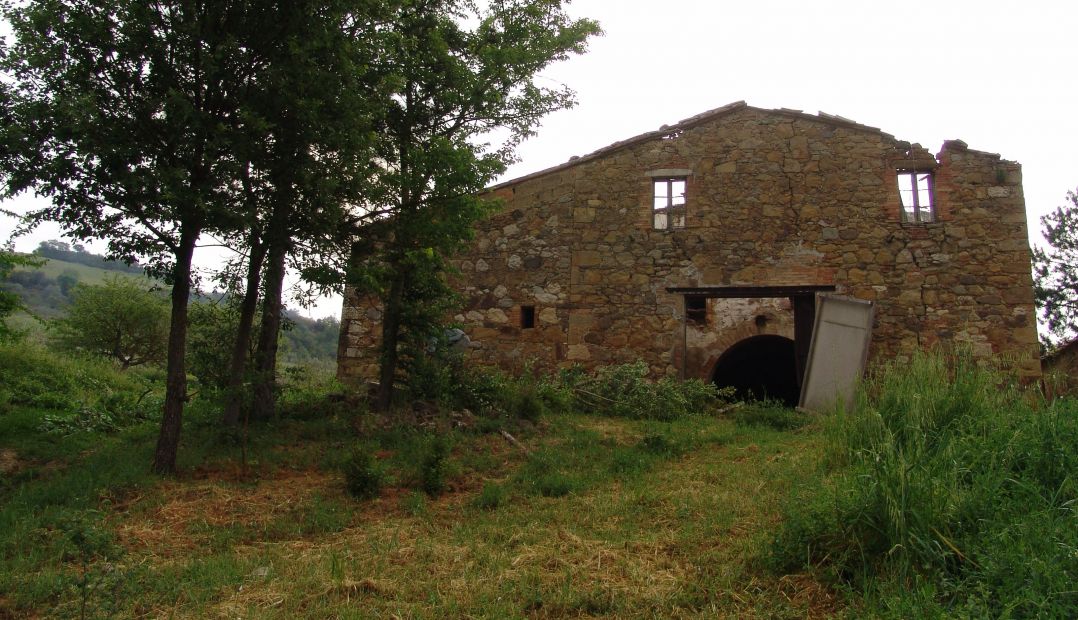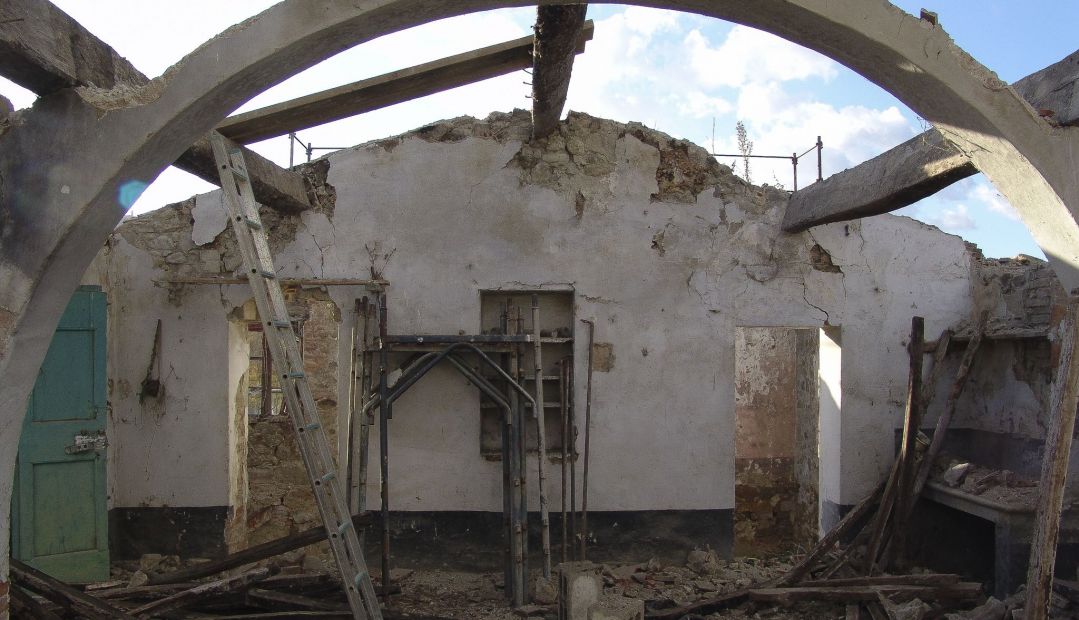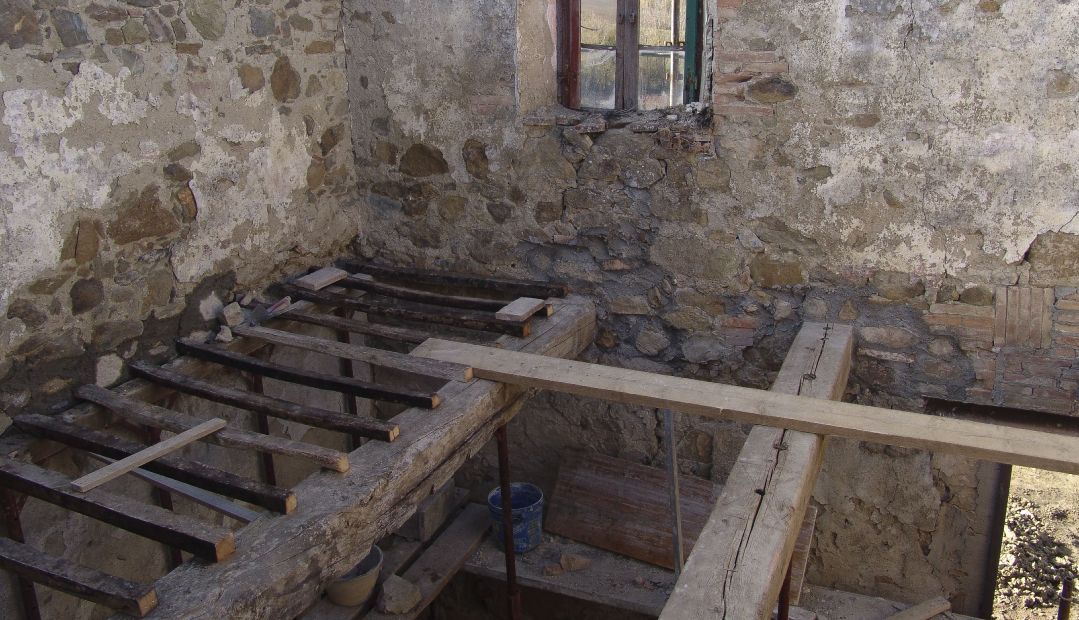JOIN the AFICIONADOS
To receive our world of travel and style delivered straight to your inbox.
“A deep restoration is a beautiful journey – but you have to go with the flow.”
These are the pearls of wisdom from Fabio, the owner of Follonico, a golden-hued farmhouse positioned in the rural wilds of Tuscany. Because of all people, he would know, having discovered this abandoned farmhouse, ruinous with no roof, and just its chunky thick walls still standing, and committed himself alongside his Dutch wife, Suzanne Simons to a restoration project.
And it was quite the restoration project – as well as no roof, the farmhouse had no water, no power and no sewage provision. As it had been abandoned by farmers since 1961, the land around it had rewilded itself, encroaching on the building.
But for Fabio, it was love at first sight. He says “my heart beat faster, I felt like I was falling in love, and I knew we would somehow make it work.” It was actually at that moment that Fabio and Suzanne decided to create Follonico as a business rather than a private home – the only way they could conceive it working – and the idea of Follonico was conceived.
In terms of restoration, the reigning principle was one of preservation. The chunky, exterior walls were crucial to the atmosphere of the house, and how it was perceived from a distance, and it was a conscious decision to keep as much architectural heritage as possible even if it didn’t serve a function. Fabio says that the builders had to change their mindset, from one of chucking out everything and sand blasting the walls to keeping as much as possible and restoring it as far they could.

As for the interiors, the couple were hugely influenced by the frugal beauty of Sextantio hotel in the fortified medieval village of Abruzzo and they consulted with the architect, who sadly was just too far away to help, but he advised on how to recreate a similar aesthetic at Follonico. The biggest and most satisfying compliment came when the ever-so-busy architect finally visited and heaped praise on the project.
Perhaps the most challenging moment was the instance they realised the hotel had no water. Digging fruitless holes around the property revealed nothing but dry earth and without the budget to connect to the mains, 5 kilometres away, Fabio remembered these as dark days. Thankfully a blueprint showed a well which belonged to them, which resided on a neighbouring property which they were able to harness for water, although in the early days it was often scarce, topped up by a weekly water truck.
As the property neared finishing, Fabio took the decision to keep the garden wild and naturally indigenous – where the boundaries between garden and rural countryside were blurred – something that still wows guests today – uninterrupted access to rolling Tuscan hills is a precious thing. And the beacon of Follonico, seemingly untouched by modern hand, from the outside at least, is a stunning restoration story.


